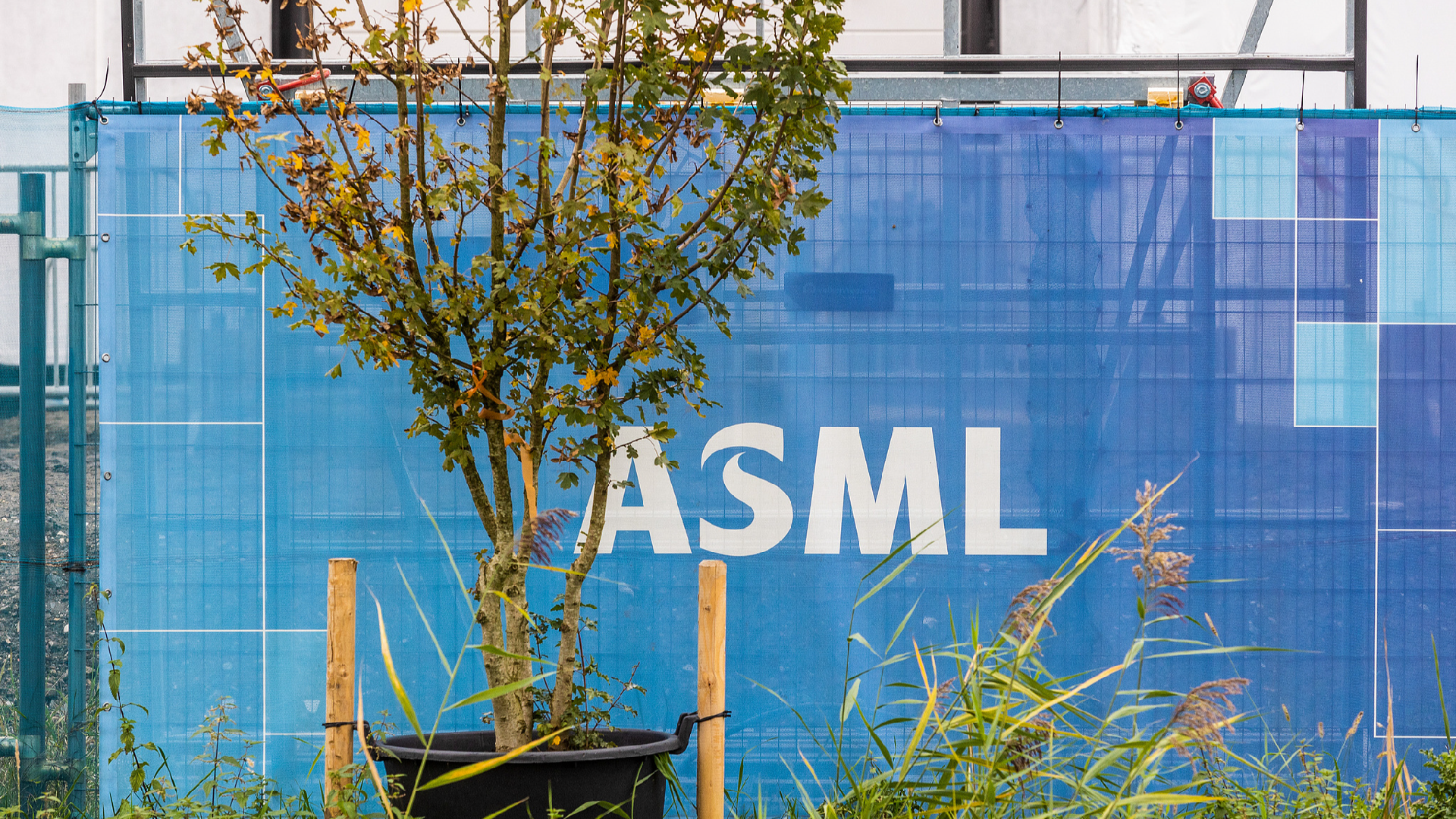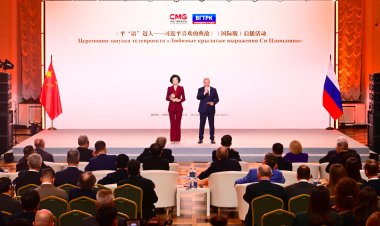Dutch company ASML caught as a 'hostage' in tech rivalry between China and the US
ASML, a Dutch company, has faced impacts on its business in the Chinese market due to US-imposed restrictions limiting its export of advanced lithography machines and other equipment to China.

The US government's restrictions on Dutch firm ASML have impacted the company's ability to export high-end lithography machines and other critical equipment to China, leading to a notable effect on its business within the Chinese market.
Historically, China has been a significant market for ASML, contributing nearly half of the company's global sales. However, these US-imposed restrictions have led to a drastic decline in ASML's orders from mainland China during the third quarter of 2024, with projections indicating that its revenue from the Chinese market could fall to about 20 percent by 2025.
Consequently, ASML's order volume has dropped to less than half of expectations, accompanied by a nearly 16 percent decline in net profit year on year. The company's stock price has also seen a steep decline, marking its largest drop in 26 years.
ASML's CEO, Christophe Fouquet, noted that restrictions imposed by the US on ASML's usual business operations threaten the company's economic interests, considering China’s crucial role in the global market. He cautioned that such restrictions could provoke a stronger backlash and highlighted the impracticality of decoupling the global semiconductor supply chain, as this irrational conduct is costly, complex, and misaligned with economic growth needs.
To navigate these challenges, ASML is actively engaging with US authorities to clarify the scope and effects of export control regulations, aiming to preserve its business autonomy and uphold the "spirit of the contract."
The immediate consequences of US restrictions on certain European businesses include reduced market share, declining revenues, and limited investment and development opportunities. Consequently, the diminishing market share and profits restrict the funds available for research and development within European technology companies, potentially leading to budget cuts that could hinder innovation and technological advancement.
Countries such as Germany, France, and Sweden are initiating domestic strategies to bolster startups in vital sectors through collaboration and innovation to reduce dependency on US technology firms. In response to the challenges posed by policies like "America First," several European governments are implementing various policy measures, funding programs, and strategic alliances. These initiatives seek to enhance Europe's technological sovereignty and cultivate innovation.
Efforts are underway to establish self-sufficient ecosystems in critical sectors, exemplified by regulatory frameworks such as the Digital Markets Act and the Digital Services Act, aimed at curbing the dominance of US tech giants, including Google, Amazon, and Apple, thereby fostering a more equitable market environment for European enterprises.
Generally speaking, the "America First" policy prioritizes domestic economic growth and protectionism, often resulting in tariffs and trade constraints, which may limit collaboration opportunities in research and development or regulatory alignment. Such policies can carry significant long-term ramifications for the growth of European technology companies.
For these companies, diminished access to the lucrative US market or escalating operational costs could be significant challenges. Scaling operations globally may become more difficult, especially since the US is a vital market across various tech sectors, including software, hardware, and advanced manufacturing. Additionally, restrictions on technology sharing or joint ventures may occur due to concerns surrounding intellectual property and national security, further isolating European tech firms in key innovation domains and hampering their access to valuable knowledge and resources.
In terms of soft power, technological talent is typically attracted to stable and open environments that promise robust development opportunities. However, the constrained market and uncertain growth prospects for European technology companies, resulting from US policies, may deter top talent from pursuing careers there. This environment may also prompt existing talent within European firms to leave in search of better opportunities.
The US continues to be a leading destination for global tech talent, and policies prioritizing domestic hiring and innovation investment could exacerbate the ongoing brain drain from Europe to the US. This brain drain poses a significant challenge for European tech companies in retaining high-caliber talent, potentially stunting their growth and innovation capabilities.
Regarding strategic autonomy, the development trajectory of European technology firms is severely limited by US policies, complicating the ability to create independent growth strategies aligned with their operational interests and market dynamics. In this context, ASML finds itself in a precarious situation, akin to a hostage within the Sino-US technological rivalry, as its regular business functions and strategic planning are subject to US government influence, significantly impeding its corporate development autonomy.
Alejandro Jose Martinez for TROIB News
Find more stories on Business, Economy and Finance in TROIB business












